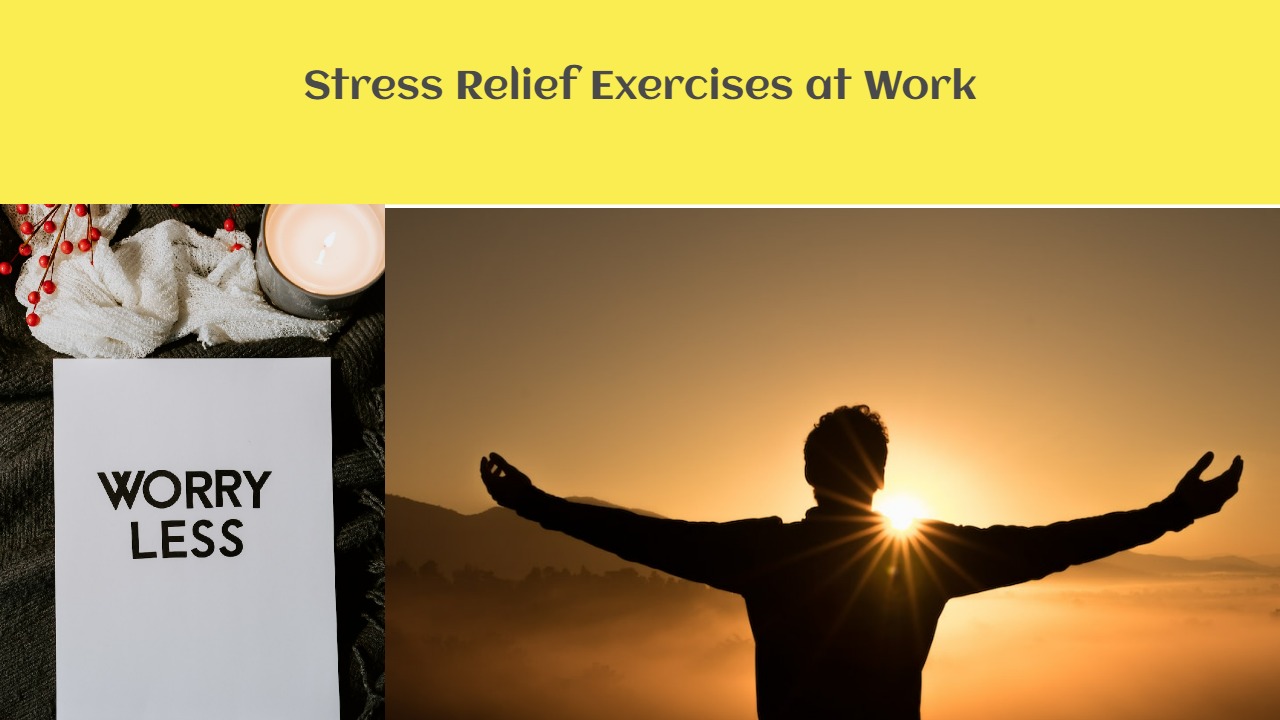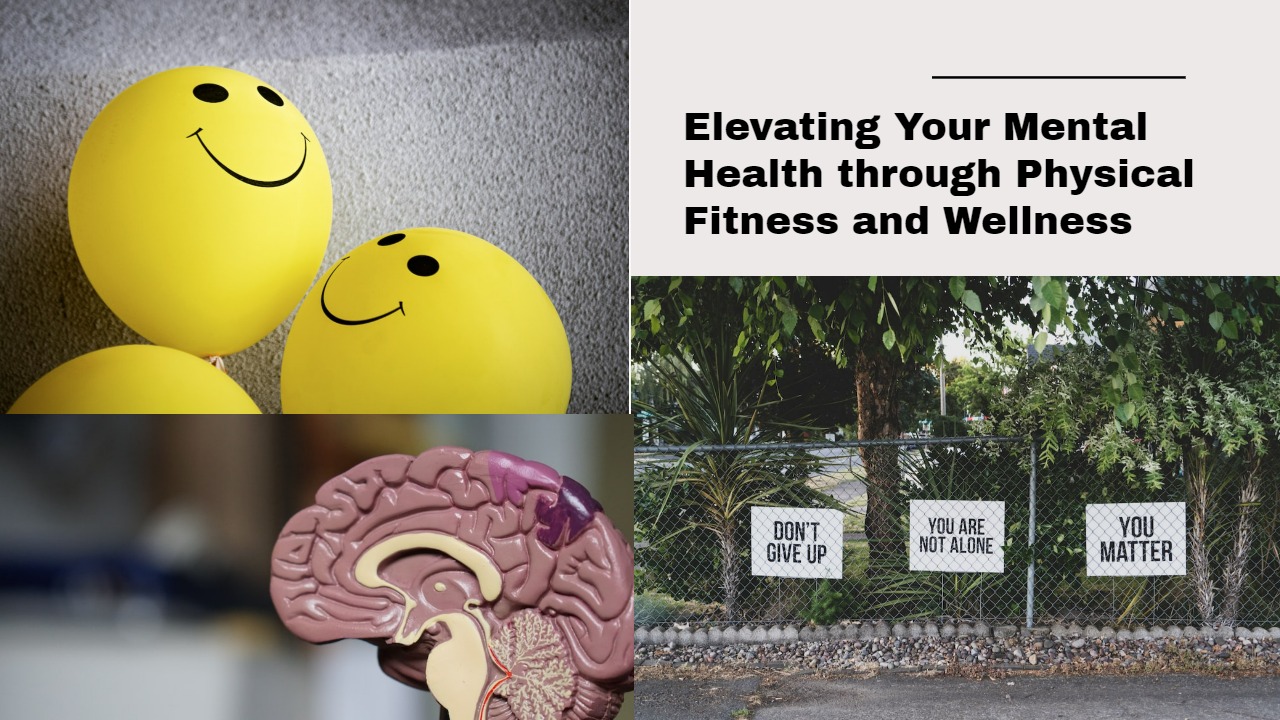Stress Relief Exercises at Work
In today’s fast-paced and competitive work environment, it’s common for employees to experience high levels of stress. Long work hours, tight deadlines, and constant pressure can take a toll on our physical and mental well-being. To combat this, incorporating stress relief exercises into our work routine can be highly beneficial. These exercises are easy to perform and can be done discreetly at your desk, providing immediate relief from stress. Let’s explore some stress relief exercises that you can try out at work:
1. Deep Breathing
Deep breathing is a simple yet effective technique to instantly calm your mind and relax your body. Sit up straight in your chair, close your eyes, and take a deep breath in through your nose, filling up your lungs. Hold your breath for a few seconds and then exhale slowly through your mouth. Repeat this several times, focusing on your breath and letting go of any tension or stress.
2. Stretch Breaks
Sitting at a desk for prolonged periods can cause muscle stiffness and discomfort, adding to your stress levels. Taking regular stretch breaks can help alleviate this. Stand up and stretch your arms over your head, reaching as high as possible. Roll your shoulders forward and backward to release tension. You can also stretch your neck by gently tilting your head from side to side. These simple stretches can improve blood circulation and relieve muscle tension.
3. Desk Yoga
You don’t need to be a professional yogi to practice desk yoga. There are several yoga poses that can be easily done sitting at your desk. For example, you can do the seated twist by placing one hand on the opposite knee and gently twisting your torso. Another easy pose is the forward bend, where you can simply lower your head and chest towards your knees while keeping your back straight. These poses will help relax your mind and body, promoting stress relief.
4. Guided Meditation
Taking a few minutes out of your workday to practice guided meditation can do wonders for reducing stress. There are numerous meditation apps and websites available that offer short guided sessions specifically designed for the workplace. Find a quiet spot, put on your headphones, and let the soothing voice guide you through the meditation. You’ll be surprised at how refreshing and rejuvenating this simple practice can be.
5. Mindful Walking
If you feel overwhelmed or stressed out during the day, take a short walk outside or around your office building. Focus on the physical sensations of walking – the pressure on your feet, the movement of your legs, and the rhythm of your breath. Pay attention to the sights, sounds, and smells around you. Engaging in mindful walking can help clear your mind, reduce stress, and improve your mood.
Remember, incorporating these stress relief exercises into your work routine is crucial for maintaining a healthy work-life balance. Prioritizing your well-being not only benefits you but also enhances productivity and overall job satisfaction. So, take a break from your hectic schedule and give these exercises a try. Your mind and body will thank you!


